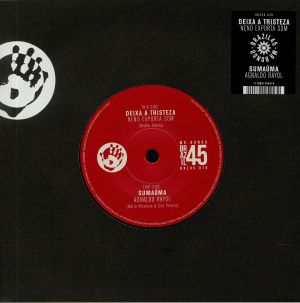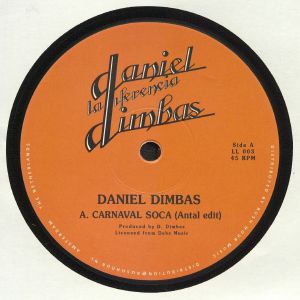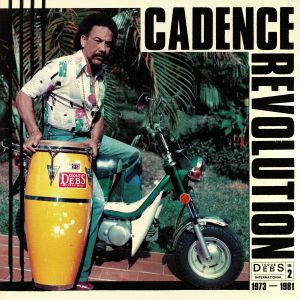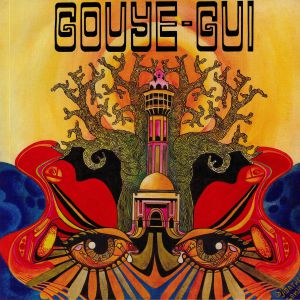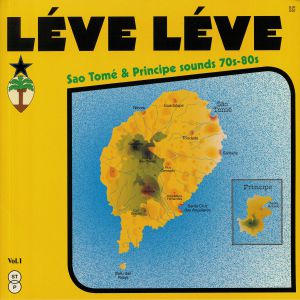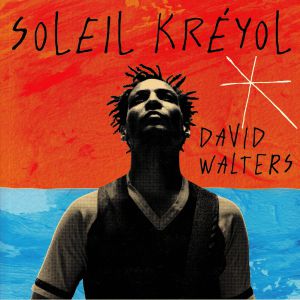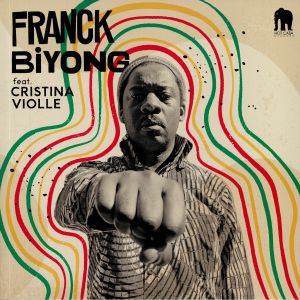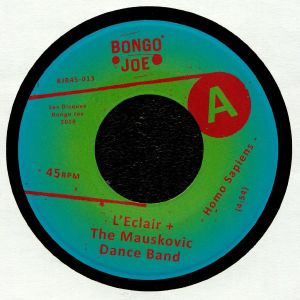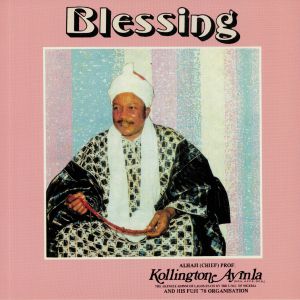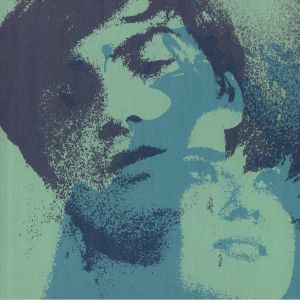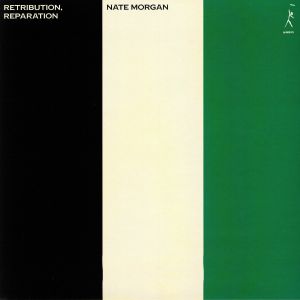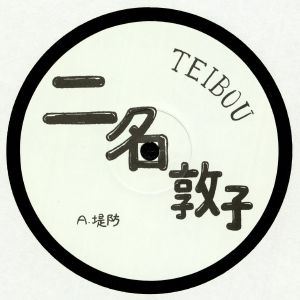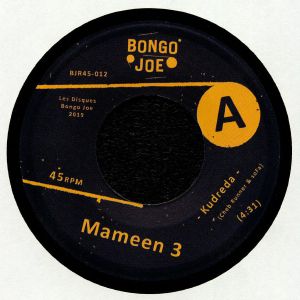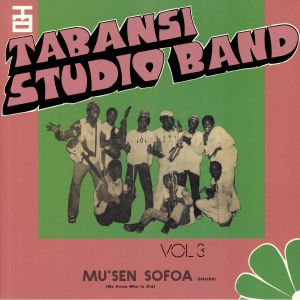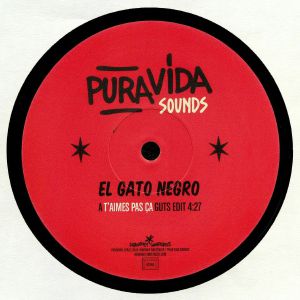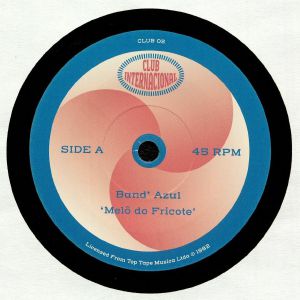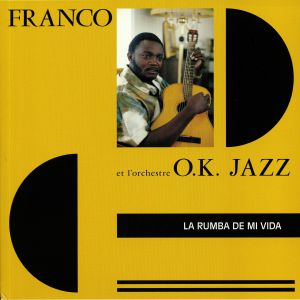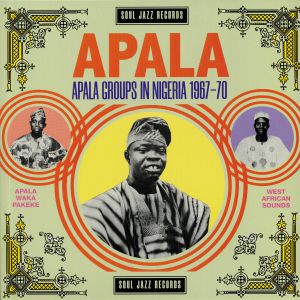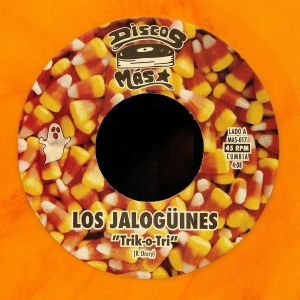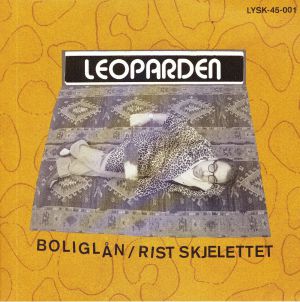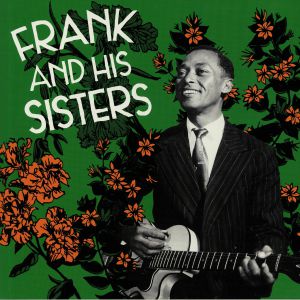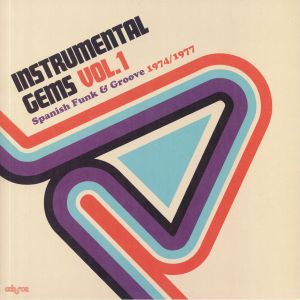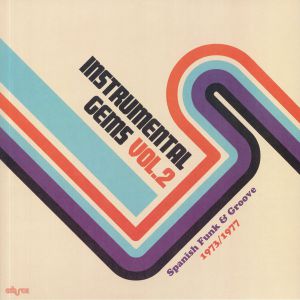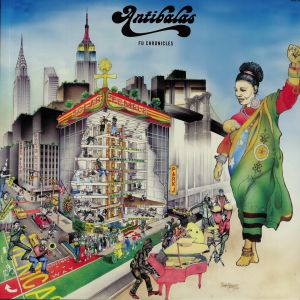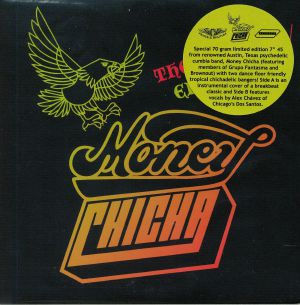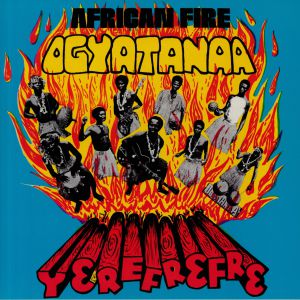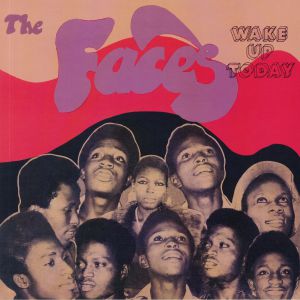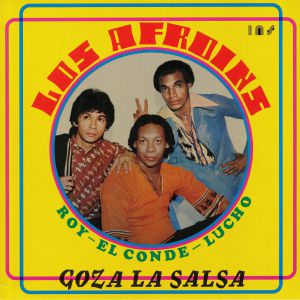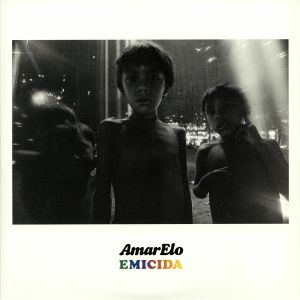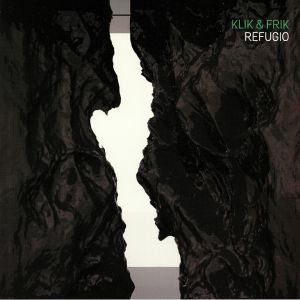
Juno Recommends International
Juno Recommends International March 2020
Read more...
1
Cat: BRZ45 076. Rel: 10 Feb 20
International
Review: After delivering some killer reissues over the last few years, Mr Bongo's brilliant Brazil 45s series has reached "buy on sight" status. It goes without saying that the label's latest double-header of hard-to-find Brazilian gems is white hot. A-side Neno Exporta Som's impossible-to-find 1971 gem "Deixa A Tristeza", a wild and life-affirming fusion of samba and funk full of fuzzy sax solos, glassy-eyed vocals and heavyweight grooves. Over on the flip you'll find another killer cut from '71: "Sumauma" by MPB star Agnaldo Rayol. Blessed with a great groove and incredible arrangement, it sounds like a Brazilian take on the sort of over-the-top songs used to open James Bond movies in the 1970s (albeit with a bit of samba sunshine thrown in).
...Read more
! low stock $10.97
2
Review: Although not widely known, Daniel Dimbas's 1985 album "La Diferencia" is regarded in some circles as one of the greatest Caribbean zouk records of all time, and certainly the heaviest. Rush Hour co-founder Antal is a fan, and here heads-up a double A-side of fresh edits of key cuts from the sought-after set. First up Antal expertly rearranges "Carnaval Soca", delivering a warm, humid and sweaty interpretation rich in driving soca-disco grooves, punchy horns, heady harmony vocals and mazy, Zouk style analogue synthesizer solos. Palms Trax takes a similarly light-touch approach on his edit of the breezier and more sun-kissed "La Musique", occasionally opting for filter trickery on an otherwise traditional style scalpel edit.
...Read more
in stock $15.74
3
VARIOUS
Cat: STRUT 189LP. Rel: 17 Feb 20
International
Review: In the summer of 2018, Strut offered up a compilation that mined the extensive back catalogue of Disques Debs International, a Guadeloupe-based label that showcased the finest music to come out of the French-speaking Caribbean between 1950 and 2000. While that set focused on material released between 1960 and '72, this belated sequel showcases cuts featured on Henri Debs' legendary imprint between 1973 and '81. The musical palette is therefore even brighter, breezier and more sun-kissed, offering up cuts that touch on mambo, rumba, Zouk, tropical disco, reggae and the kind of cross-cultural fusions that belie easy categorization. As you'd expect from Strut, the selections are spot on and the re-mastered sound superb. In other words, it's another must-have release from Quinton Scott's imprint.
...Read more
in stock $29.53
4
Cat: SYLLREC 0220. Rel: 10 Feb 20
International
out of stock $26.16
5
VARIOUS
Cat: BJR 040LP. Rel: 10 Feb 20
International
out of stock $21.30
6
Review: With a title that translates as "soul creole", it's perhaps unsurprising to find that David Walters' new album is a warm, woozy and tropical-tinged delight. It was produced by Favorite Recordings in house producer Bruno "Patchworks" Hovart, and you can hear his hand in the warm, authentic and vintage blend of African, South American, Caribbean rhythms and instrumentation. Walters says he was inspired by the melting pot that was New York at the turn of the 80s, too, and that's evident throughout. Add it all up and you have an eclectric, retro-futurist treat held together by the dual appeal of Hovart's production and Walters' fantastic multi-lingual vocals.
...Read more
out of stock $25.02
7
Cat: HC 64. Rel: 10 Feb 20
International
out of stock $22.22
8
Cat: BJR 45013. Rel: 24 Feb 20
International
out of stock $12.09
9
Cat: SJRLP 447. Rel: 17 Feb 20
International
in stock $28.68
10
out of stock $12.66
11
Review: Back in 1984, American pianist Nate Morgan delivered his second album for Nimbus West Records, "Retribution, Reparation", a superb set of politically-charged hard modal jazz tracks shot through with Afro-futurism and a clear air of spirituality. Ever since it's become something of a collector's item, hence this facsimile reissue from Outernational Sounds. It boasts four of his own wild, hard-wired compositions - each of which contains nods towards free-jazz and some killer saxophone work by fellow Nimbus Collective member Jesse Sharps - plus inspired covers of Herbie Hancock's "One Finger Snaps" and Duke Ellington's "Come Sunday".
...Read more
out of stock $22.78
12
out of stock $18.56
13
out of stock $12.36
14
out of stock $28.96
15
Review: Third EP from the series Pura Vida Sounds. Two special banger tracks perfect for the dancefloor remixed by GUTS !
out of stock $13.21
16
Cat: CLUB 02. Rel: 17 Feb 20
International
out of stock $12.66
17
Cat: PI 08. Rel: 02 Mar 20
International
Review: From 1956 until 1993, Congolese outfit L'Orchestre OK Jazz and their effervescent bandleader Franco were arguably the most successful act on the country's often overlooked (but hugely popular) rumba scene. This superb double-album compilation brings together the best of their work, with a side each devoted to early 1970s independent recordings (A); tracks recorded and produced in Brussels for a South African label (B); near legendary covers of Cuban rumba classics (C) and songs based on Congolese folklore written in a number of local languages (D). It's a brilliant collection of cuts from a band that deserves wider recognition.
...Read more
out of stock $43.85
18
Review: Having previously offered up compilations championing all manner of Nigerian styles of music (juju, highlife, Afrobeat and so on), Soul Jazz has now turned its attention to Apala: a style indigenous to the Yoruba people characterized by hypnotic rhythms, powerful drumming, nasal singing and extensive use of Agdigbo (a type of thumb piano). The 18 tracks showcased here (for the first time outside Nigeria, impressively) were all recorded and released by leading Apala groups between 1967 and 70. While there's some then contemporary production trickery added to a handful of tracks (mostly effects such as delay and reverb), for the most part what you get is the sort of infectious drumming and chanted group vocals that have been part of Yoruba culture for centuries.
...Read more
out of stock $32.34
19
Review: Second time around for Los Jaloguines first (and so far only) single on Discos Mas, which first surfaced on the cumbia-inspired label back in 2017. "Trik-O-Tri" (trick-or-treat) is typical of the label's eccentric output, with the little-known studio outfit layering bizarre, Halloween-themed vocals (pitched up and down for extra wonkiness) over a reggae-tinged 21st century psychedelic cumbia beat. Flipside "La Arana De Chocolat" is an equally bizarre but brilliant number that tells the tale of a listener caught in the web of an imaginary chocolate spider. It, too, features effects-laden vocals, while the side ends with some locked cumbia grooves for DJs who like to get inventive in the mix.
...Read more
out of stock $9.29
20
out of stock $10.11
21
out of stock $20.53
22
VARIOUS
Cat: ADC 006LP. Rel: 24 Feb 20
International
out of stock $29.80
23
VARIOUS
Cat: ADC 007LP. Rel: 24 Feb 20
International
out of stock $25.31
24
out of stock $26.43
25
out of stock $12.93
26
Cat: SVVRCH 010. Rel: 10 Feb 20
International
out of stock $17.44
27
out of stock $29.23
28
out of stock $14.06
29
out of stock $22.78
30
out of stock $12.36

 USD
USD




